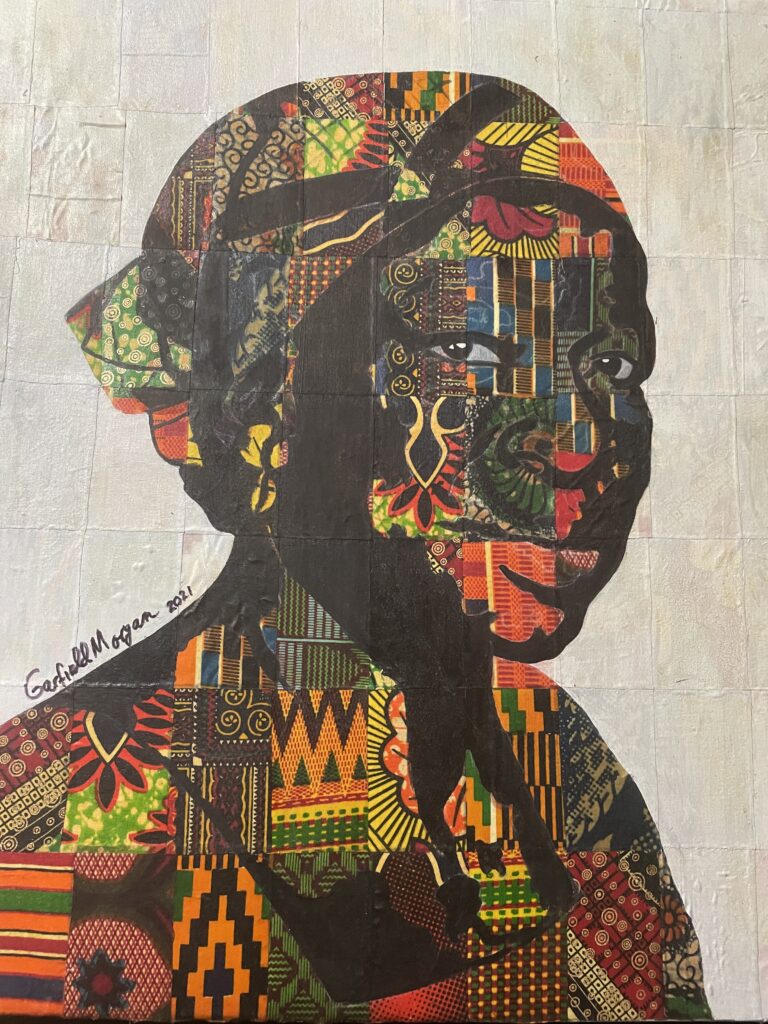The changing face of Trinidad: Navigating cultural and linguistic shifts

In recent years, Trinidad has experienced a significant influx of foreigners, many of whom speak different languages and are unfamiliar with the local culture. This demographic shift is reshaping the social and cultural landscape of the island, bringing both opportunities and challenges. While diversity can enrich a community, it also presents unique stressors for the local population, particularly when it comes to communication and cultural understanding.
Trinidad, known for its vibrant culture and rich history, has always been a melting pot of ethnicities and traditions. However, the recent rise in the number of immigrants from various parts of the world has introduced new languages and cultural practices. This change is most noticeable in urban areas where foreign workers are increasingly visible in sectors such as construction, retail, and customer service.
The language barrier
One of the most immediate and tangible impacts of this demographic shift is the language barrier. Many Trinidadians find themselves in situations where they must repeat themselves to customer service representatives who do not speak English fluently. This can be particularly frustrating in essential services like healthcare, banking, and public transportation, where clear communication is crucial. For instance, imagine a Trinidadian trying to explain a medical emergency to a healthcare worker who struggles with English. The stress and potential for miscommunication in such scenarios can be overwhelming and downright disastrous. Similarly, in retail settings, the simple act of making a purchase can become a drawn-out process if the cashier does not understand the customer’s requests.
The constant need to repeat oneself and the ensuing misunderstandings can lead to significant emotional and psychological stress. Many Trinidadians report feelings of frustration, resentment, and even anger. These emotions are often compounded by a sense of helplessness, as they feel their concerns are not being adequately addressed. Moreover, the cultural disconnect can exacerbate these feelings. Trinidadians take pride in their cultural heritage, which includes a unique blend of music, food, and social customs. When newcomers do not understand or respect these traditions, it can create a sense of alienation and loss among the local population.
The stress of dealing with language barriers and cultural misunderstandings can lead to resentment towards the foreign population. This resentment is not necessarily rooted in xenophobia but rather in the daily frustrations and inconveniences that arise from these interactions. Over time, these feelings can contribute to social tensions and a divide between locals and immigrants. For example, a Trinidadian might feel slighted if a foreign worker does not understand the significance of local holidays or social norms. This lack of cultural awareness can be perceived as disrespectful, further fueling negative sentiments.
Addressing the challenges
Addressing these challenges requires a multifaceted approach. Firstly, there needs to be a concerted effort to provide language training for foreign workers. Employers can play a crucial role by offering English language courses and encouraging their employees to learn about Trinidadian culture. Secondly, community programmes that promote cultural exchange and understanding can help bridge the gap between locals and immigrants. Festivals, workshops, and social events that celebrate both local and foreign cultures can foster mutual respect and appreciation. Thirdly, public awareness campaigns can educate Trinidadians about the benefits of diversity and the importance of patience and empathy in dealing with language barriers. Highlighting success stories of integration and cooperation can also help shift public perception and reduce resentment.
When Trinidad and Tobago gained its independence from British colonial rule in 1962, as a nation, we chartered a course to establish a unique national identity. The journey to independence was marked by a strong desire to establish a unique national identity, free from colonial influence. This historical context plays a significant role in the current resistance to cultural change since many citizens feel a deep connection to their hard-won sovereignty and are wary of any changes that might dilute their cultural identity. The influx of foreigners can sometimes feel like an invasion, threatening the cultural fabric that Trinidadians have worked hard to preserve, although this sentiment is not uncommon in young nations that have recently gained independence and are still in the process of defining their national identity.
As economic crises continue to occur around the world people are more desperate to escape poverty, violence and food shortages and often make the perilous journey to our shores that may or may not be as welcoming.
Subrina Hall-Azih is an educator.






